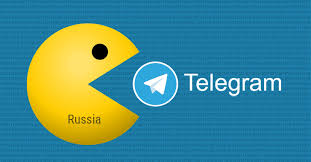"On behalf of 51 other organisations, delivered an oral statement to the 38th session of the United Nations Human Rights Council, highlighting concerns regarding the actions taken by the Russian Federation to restrict online freedom and digital privacy, which have serious implications for Internet users globally," reads the statement.
According to the report, over the past six years, through the steady adoption of a raft of regressive legislation contravening international standards on freedom of expression as well as placing unjustified pressure on Internet intermediaries, Russia has creating a framework, which, if fully implemented, would not only severely limit the free flow of information online but potentially give them access to the personal communication data of anyone, anywhere. In July 2018, new aspects of the already highly problematic 2016 ‘Yarovaya Law’ will come into force requiring all communications providers and Internet operators to store the content of all communications for six months and to make them accessible to the security services without a court order. If implemented, it would be impossible to differentiate between the communications of people living in Russia or elsewhere.
Ahead of the statement, delivered as part of UNHRC’s Item 4 – General Debate, Katie Morris, Head of Europe and Central Asia at ARTICLE 19, said, “The large number of international and Russian organisations that have come together with ARTICLE 19 to raise the alarm on this issue demonstrates its critical importance. We are calling on the United Nations to scrutinise and publicly challenge Russia’s actions in order to uphold the fundamental rights to freedom of expression and privacy both online and-offline, as stipulated in binding international agreements to which Russia is a party.”
Last month, ARTICLE 19 together with 56 international and Russian human rights, media and Internet freedom organisations condemned the mass Internet disruption caused by the Russian Federation’s attempts to block the Internet messaging service Telegram, which resulted in extensive violations of freedom of expression including access to information.
Photo source: picture from an open source
